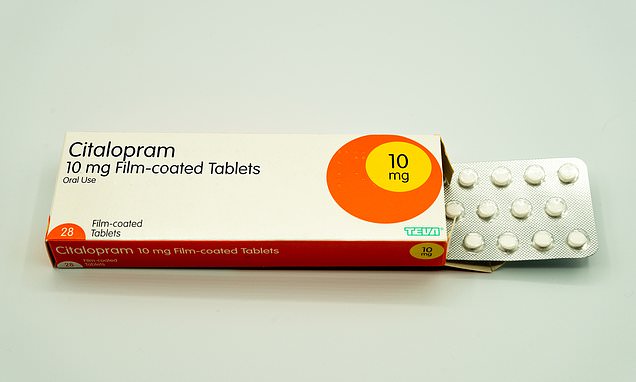- Up to 15% of women suffer from postpartum depression, including persistent low moods.
- May adversely affect both mother and child
Studies suggest that giving antidepressants to mothers with postpartum depression may improve behavior in children as young as 5 years old.
Up to 15% of women experience postpartum depression, with symptoms including persistent sadness and depression, lack of enjoyment and interest in the wider world, and avoidance of contact with others. can be
Although it can adversely affect both mother and child, only a minority of women with the disease in the UK are on antidepressants called selective serotonin reuptake inhibitors (SSRIs). 3 percent.
Now, a new study shows clear benefits for children when mothers are given these drugs.
Researchers at King’s College London analyzed data from more than 61,000 mothers and their children.
Among the mothers, 8,671 were diagnosed with postpartum depression, of whom 177 received SSRI treatment.
Analysis revealed that children whose mothers had received SSRIS were less likely to have behavioral problems and exhibit antisocial behavior at age five.
They also reduced ADHD symptoms.
Mothers, meanwhile, also reported less depression and higher levels of relationship satisfaction than women who did not receive SSRIs.
“Only 3% of women with postpartum depression in the UK are receiving SSRI treatment,” said lead author of the study, Dr Kate Liu.
“This is likely due to a lack of awareness of postpartum depression and concerns about the long-term effects of postnatal antidepressant use on child outcomes.
“Our study found no evidence to suggest that postnatal SSRI treatment poses an increased developmental risk in children.
“Indeed, we found that postpartum SSRI treatment reduced maternal depression and child behavioral difficulties associated with postpartum depression.”
Dr. Tom McAdams, senior author of the study, added that “postpartum depression is under-recognized and under-treated.”
“It is important that we view this as a serious mental illness and receive appropriate treatment to mitigate the negative impact it has on mothers, children and families as a whole.”
SSRIs are thought to work by increasing serotonin levels in the brain. These are usually taken in tablet form and often need to be taken for 2-4 weeks before any effect is felt.
The results of the study were published in the journal Jama Network Open.

